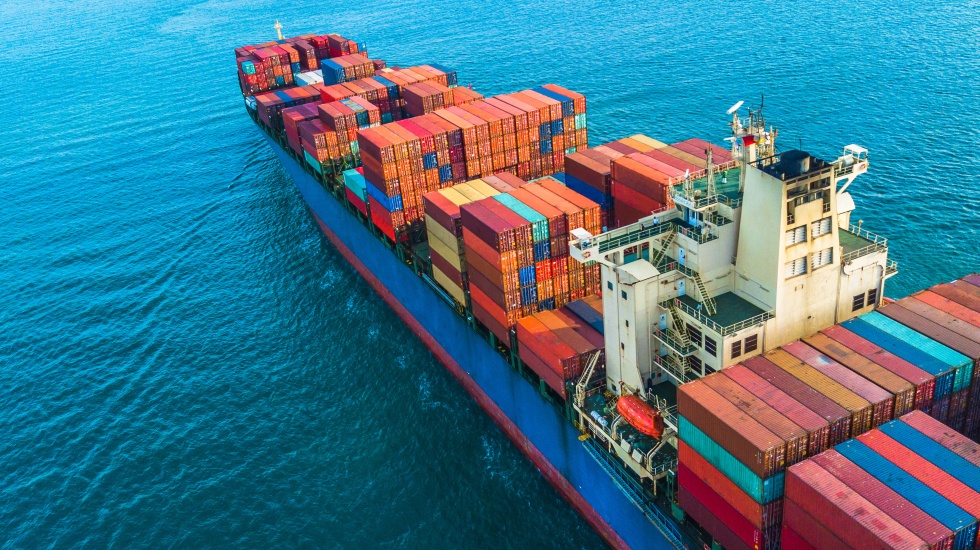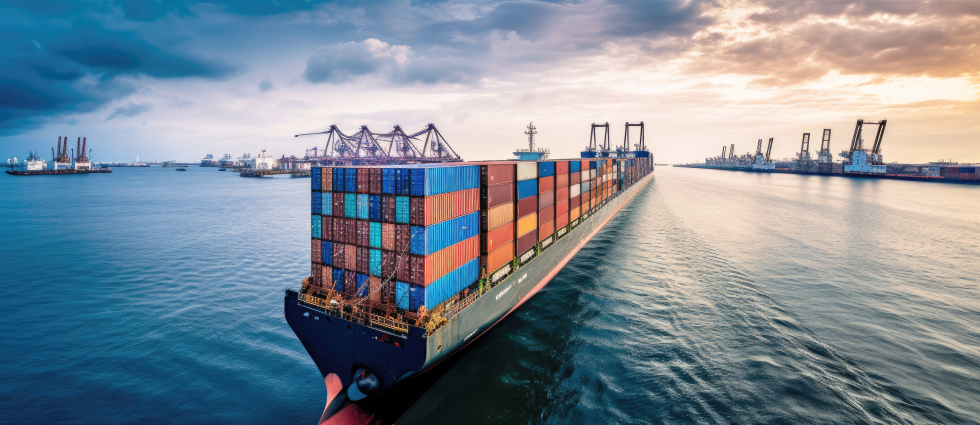UN: Sand Mining is Reaching Unsustainable Levels
UNEP's Battle Against Marine Sand Mining: Tracking, Impacts, and International Initiatives.

The UN Environment Programme (UNEP) is aiming to bring attention to a less-acknowledged threat to biodiversity: the extraction of marine sand. UNEP reports that each year, a staggering six billion tons of sand are dredged from the ocean floor, causing harm to ecosystems in areas where this extraction is most intensive. To address this issue, UNEP is in the process of developing a platform that employs AIS (Automatic Identification System) and artificial intelligence (AI) to monitor and track dredging activities, which will significantly enhance research and monitoring efforts.
Sand and gravel are extensively removed from coastal regions for purposes like concrete production and construction. This process has detrimental effects on water clarity and the availability of nutrients for marine life. It can also lead to the salinization of freshwater sources in coastal communities, especially when the extraction rate exceeds the natural replenishment from erosion.

In many parts of the world, the extraction of sand occurs without proper governance or monitoring. UNEP is advocating for improved tracking and management of this activity. The agency is urging a halt to sand extraction from beaches and nearshore sandbanks, while also advocating for the establishment of international standards for managing sand as a valuable resource.
Pascal Peduzzi, Director of GRID-Geneva at UNEP, emphasized the alarming scale of environmental impacts resulting from shallow sea mining and dredging activities, including impacts on biodiversity, water clarity, and noise affecting marine mammals. UNEP is calling on all stakeholders, Member States, and the dredging sector to recognize sand as a critical material and engage in discussions aimed at enhancing dredging standards worldwide.
UNEP highlights the positive example set by countries like Indonesia, Thailand, Malaysia, Vietnam, and Cambodia, which have recently banned the export of marine sand.
To monitor marine dredging activities, UNEP has established a new data platform called Marine Sand Watch. This platform utilizes AIS data to track and distinguish various maritime activities, such as sand mining, sand trading terminals, and maintenance or capital dredging projects. However, it should be noted that the platform currently cannot monitor artisanal and small-scale mining, even in areas where it is prevalent. UNEP is collaborating with the University of Geneva, Global Fishing Watch, and UC Santa Barbara to enhance detection and monitoring accuracy.






Comments 0